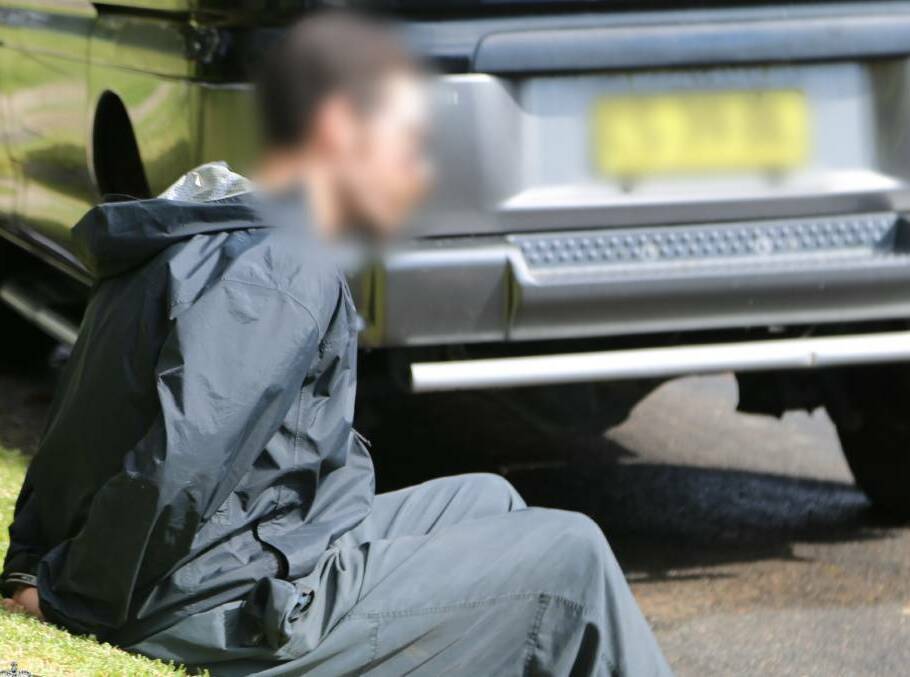
ACQUITTED of murdering Danielle Easey, Justin Kent Dilosa will learn in December how much more time he will spend behind bars for covering up the killing and dumping her body in Cockle Creek.
Dilosa's ex-partner, Carol McHenry, was last year found guilty of murdering Ms Easey, while the jury in that trial remained deadlocked over Dilosa's involvement in the brutal killing.
McHenry was last month jailed for a maximum of 22 years and six months, with a non-parole period of 15 years and six months, making her eligible for parole in 2035.
After initially covering for McHenry, Dilosa pointed the finger at his ex during the first trial and confessed to being involved in the cover-up and dumping of Ms Easey's body.
At the outset of his second trial, which Dilosa faced alone, he pleaded guilty to being an accessory after the fact to murder.
After his acquittal last week, Dilosa remained behind bars over the accessory charge and on Thursday Justice Deborah Sweeney set the matter down for a sentence hearing in NSW Supreme Court on December 4.
By that stage Dilosa will have served some 1500 days - or more than four years - behind bars.
The Newcastle Herald can reveal that Dilosa will receive a 25 per cent discount on his sentence for being an accessory after the fact, after his lawyers offered to plead guilty to that offence while his matter was still in the local court.
Justice Sweeney will hear submissions from Crown prosecutor John Stanhope and Public Defender Angus Webb about the objective seriousness of Dilosa's offending and his moral culpability as well as hearing from Ms Easey's family members, who are expected to again read victim impact statements.
Dilosa getting a date for sentence on Thursday coincided with Justice Robertson Wright publishing, for the first time, his judgment in the sentence proceedings for McHenry.

During that detailed judgment, delivered while Dilosa was still on trial and before he was acquitted, Justice Wright said he could not be satisfied either way whether McHenry participated in the attack on Ms Easey.
"Since, in my view, a finding cannot be made beyond reasonable doubt that Ms McHenry physically attacked the deceased and a finding cannot be made on the balance of probabilities that the offender did not do so, then the offender is to be sentenced on the basis that neither of the competing possibilities was known," Justice Wright said.
"For these reasons, Ms McHenry is to be sentenced on the basis that her role in the murder involved her being present in the house when Ms Easey was killed but it is not known whether or not she physically participated in attacking Ms Easey.
"Further, the jury's verdict compels me to find that Ms Henry had, at least, prior awareness of the attack and agreed to it being undertaken."
As for Ms McHenry's intention, while the attack on Ms Easey was "savage", Justice Wright said given he did not know what role McHenry played in the murder he could not be satisfied that McHenry intended to kill Ms Easey, only that she intended to inflict grievous bodily harm.
Had Dilosa been acquitted at the conclusion of the first trial, then those findings would have been much less favourable for McHenry and she would have been looking at a lot more years behind bars.







